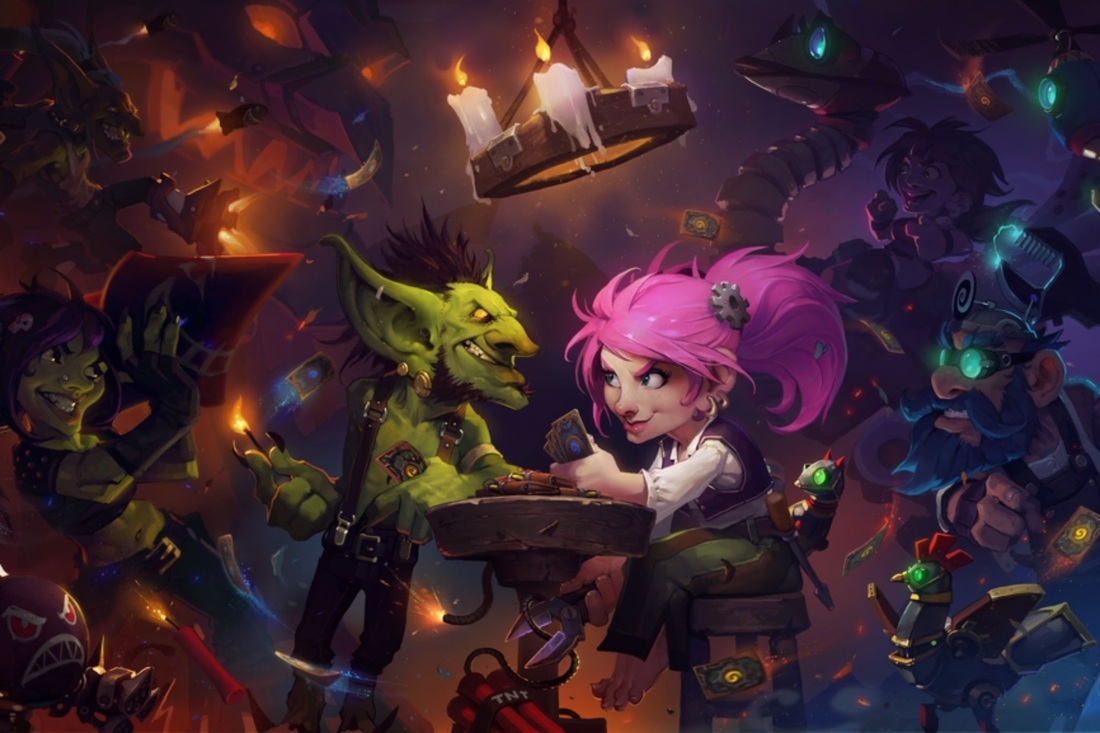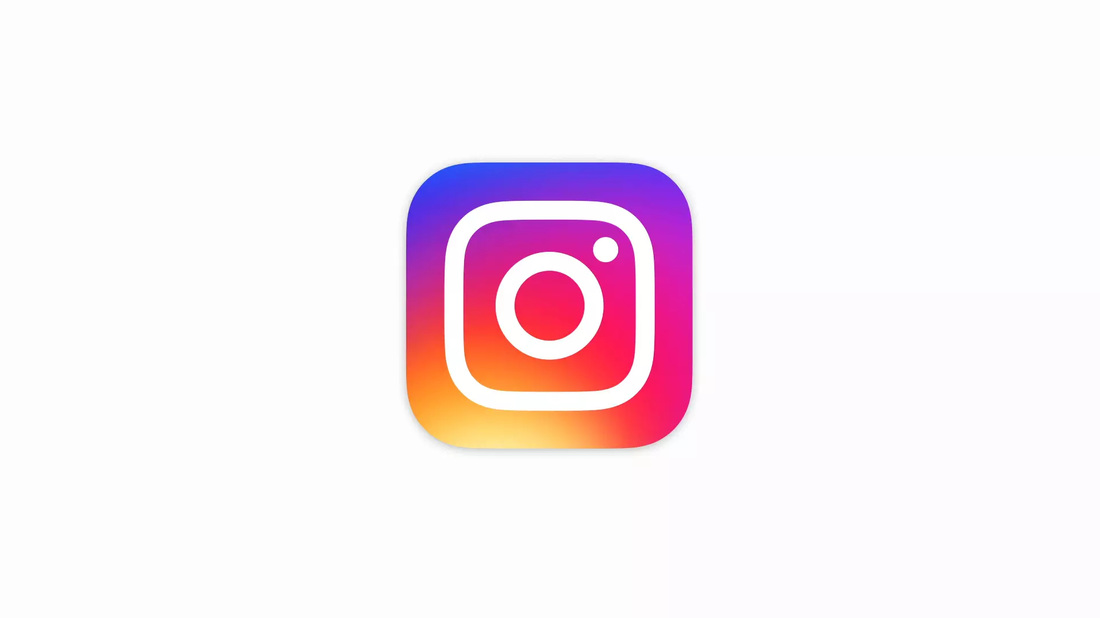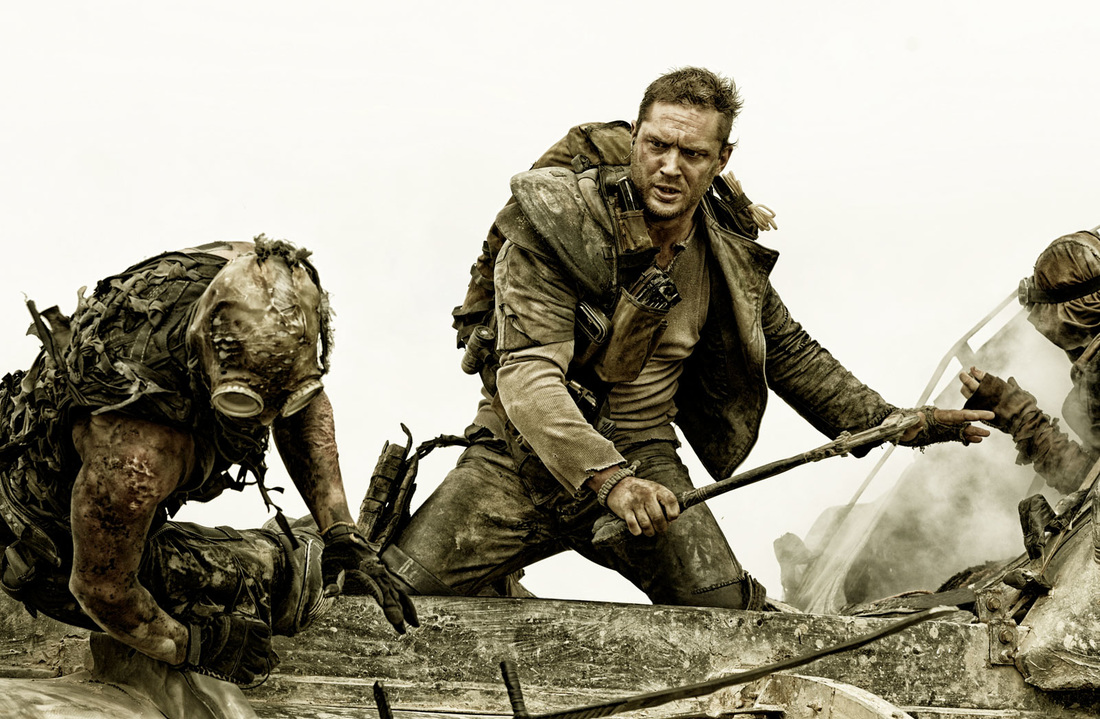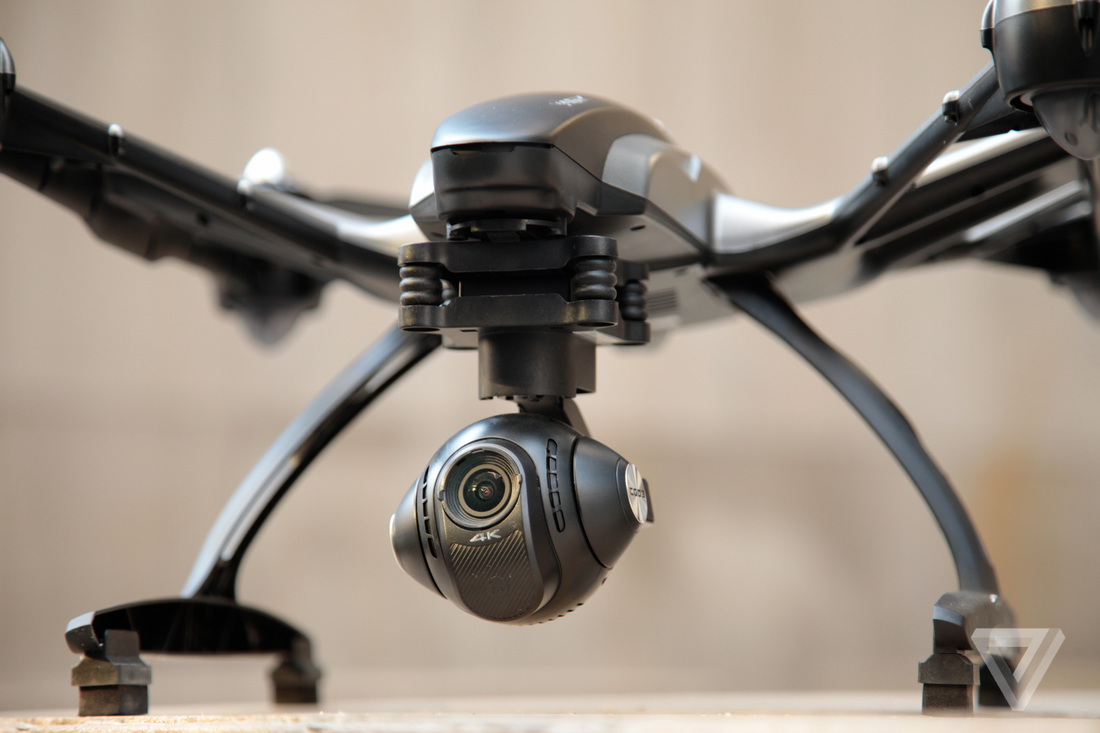Magic: the Gathering continues to attract legions of fans, and is in fact one of the biggest drivers of revenue growth at its parent company, Hasbro. But as my colleague TC Sottek pointed out recently, Magic has never managed to release a compelling version for online play, one that struck the right balance for veterans and beginners. In startup speak, you might say Magic has the problems of many successful incumbents, too mired in the complexity and legacy of its original blockbuster business to move nimbly into the future, too attached to its golden goose to risk making major change.
A game of Magic can take just a few minutes, but it can also drag out to an hour or more.Hearthstone strips away a lot of that overhead by keeping the deck sizes smaller and turning resources into something that automatically accrue each turn. In Hearthstone, unlike Magic, you can't make new plays during your opponent's turn, a truly asynchronous structure that speeds things up greatly.
HEARTHSTONE PASSED 20 MILLION PLAYERS IN ITS FIRST YEAR
Hearthstone by contrast, currently has 500-700 cards you can collect and play, depending on how you count. That makes it much easier for rookies to get their head around what they're playing, and narrows the possible gap between the haves and the have nots. With each new expansion that comes out, the entire universe of what's possible radically shifts. Today, as Hearthstone players across the country scramble like mad to obtain and test out the new Goblins vs Gnomes cards, the playing field will be momentarily leveled, and I can mix it up with the pros, knowing that they didn't have bigger monsters or better spells, that they to were still figuring out how all this new stuff worked too.




